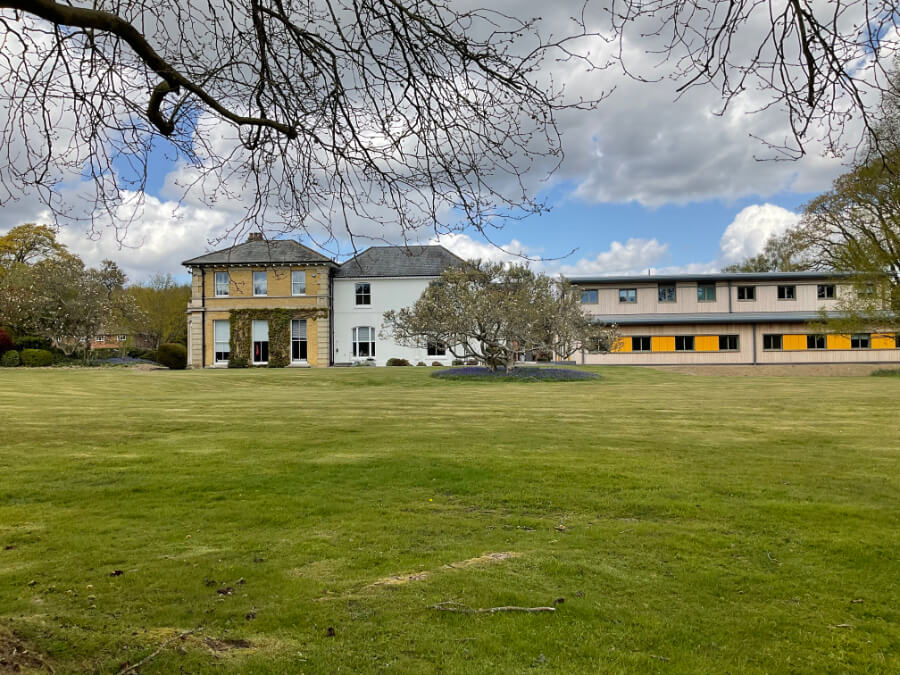About us
The Centre for Forest Protection is a joint venture led by Forest Research and Royal Botanic Gardens Kew, combining the strengths and expertise of each organisation.
In addition to state-of-the-art facilities, both organisations hold tree and plant health collections of national importance.
The virtual Centre has been set up to provide a unique hub and collaborative platform that brings together tree health expertise and experience, from the UK and the rest of the world, in the joint creation of knowledge and research to protect and enhance the future health and resilience of our forests, woodlands and trees.
The main aims of the Centre are to:
-
Support government forest and tree strategies and the successful establishment of tree planting programmes.
-
Improve resilience of the UK’s forests, woodlands and trees.
-
Enhance capacity and capability in forest and tree health research, bringing forward the next generation of tree health scientists.
Forest Research
Forest Research is the research agency of the Forestry Commission and Great Britain’s principal organisation for forestry and tree-related research. It is internationally renowned for the provision of evidence and scientific services in support of sustainable forest management. The work of Forest Research informs the development and delivery of UK Government and devolved administration policies for sustainable management and protection of trees, woods and forests.
As part of the wider Department for Environment, Food and Rural Affairs (Defra), family, the Agency will help to deliver Defra’s Strategy, A Green Future: Our 25 Year Plan to Improve the Environment which sets out a shared vision for the Defra group.
For more information visit: www.forestresearch.gov.uk
Royal Botanic Gardens, Kew
For more information visit: www.kew.org/science/


Why protect?
Forests, woodlands and trees provide a vast array of environmental, social and economic benefits. Of particular importance is the critical role of forests and woodlands in addressing climate change and biodiversity loss. However, the threats to woodland and trees from pests and diseases are real and increasing.
New planting programmes
The governments of the UK have embarked on ambitious tree planting programmes to significantly increase woodland cover. For example, England aims to reach at least 12% woodland cover by mid-century, contributing to net zero greenhouse gas emissions.
The UK’s conifer and broadleaved woodlands will be managed both for environmental and social benefits, and as a sustainable source of timber and wood products, which will see increased demand as part of our transition to a green economy.
The new planting programmes come at a time when our woodlands and trees are under increasing threat from novel pests and diseases and the impacts of environmental and land-use change. These threats are complex and interrelated, and compounded by the effects of the changing climate that we are already experiencing.
Tree health expertise
To support these aims, the UK Government is now bringing together the best tree health science and expertise from Forest Research and Royal Botanic Gardens Kew, to lead a collaborative platform that will take a holistic and future-focused approach to identifying and countering existing and emerging threats.
The new Centre for Forest Protection will work to protect the future of our forests, woodlands and trees from environmental and socio-economic threats, through the provision of innovative science, interdisciplinary research, expert advice and training. The combination and use of the strengths of both organisations will deliver much-needed additional capacity and capability to meet new and existing challenges.
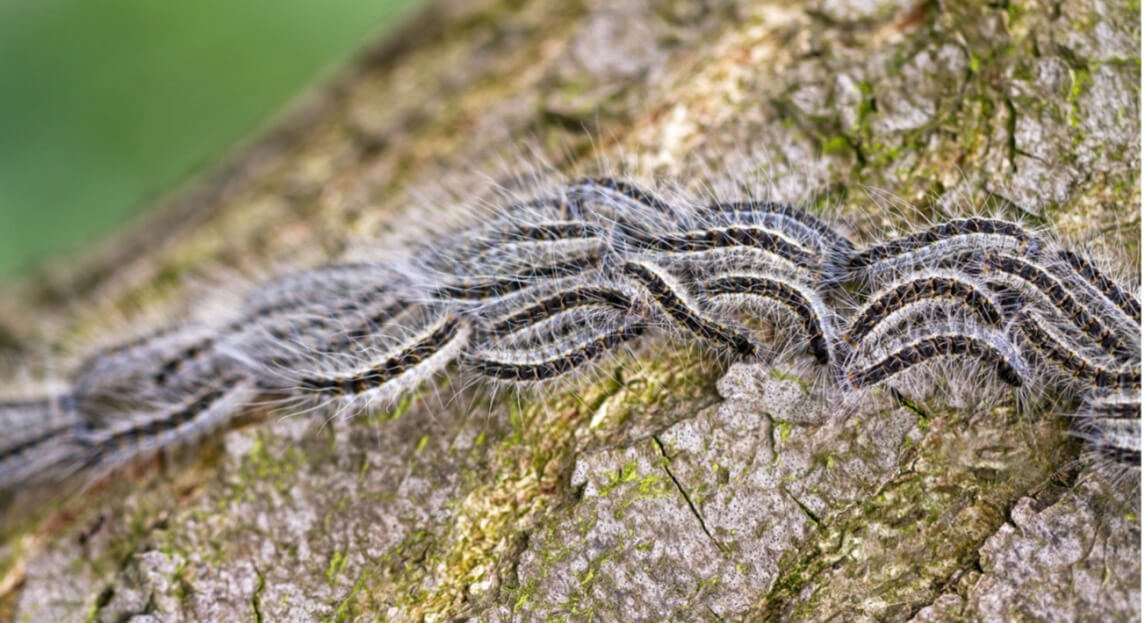
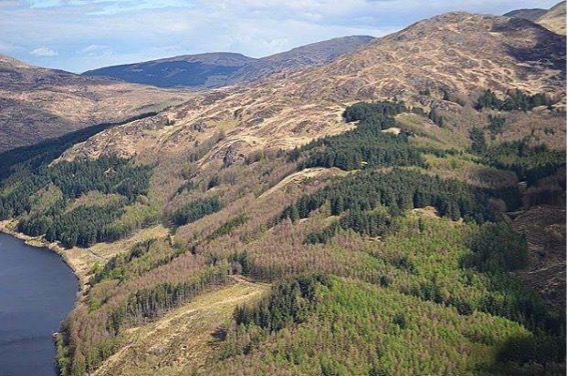
Science
Our science programme will support the UK governments' forest and tree strategies and the successful delivery of tree planting programmes. Research outcomes will also directly contribute to the improved resilience of the UK’s forests, woodlands and trees and help promote enhanced capacity and capability in forest and tree health research.
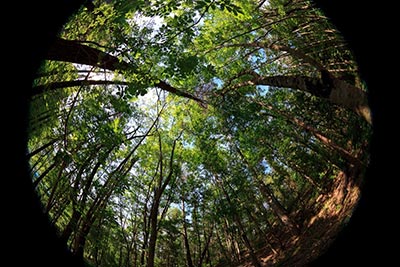
Knowledge Hub
A key priority for the Centre is knowledge exchange and ensuring that research outputs are shaped by stakeholder engagement to increase their relevance and impact. Part of this will be working with stakeholders to create a knowledge hub to promote the sharing of evidence, expertise and best practice that can help promote the resilience of forests and woodlands.
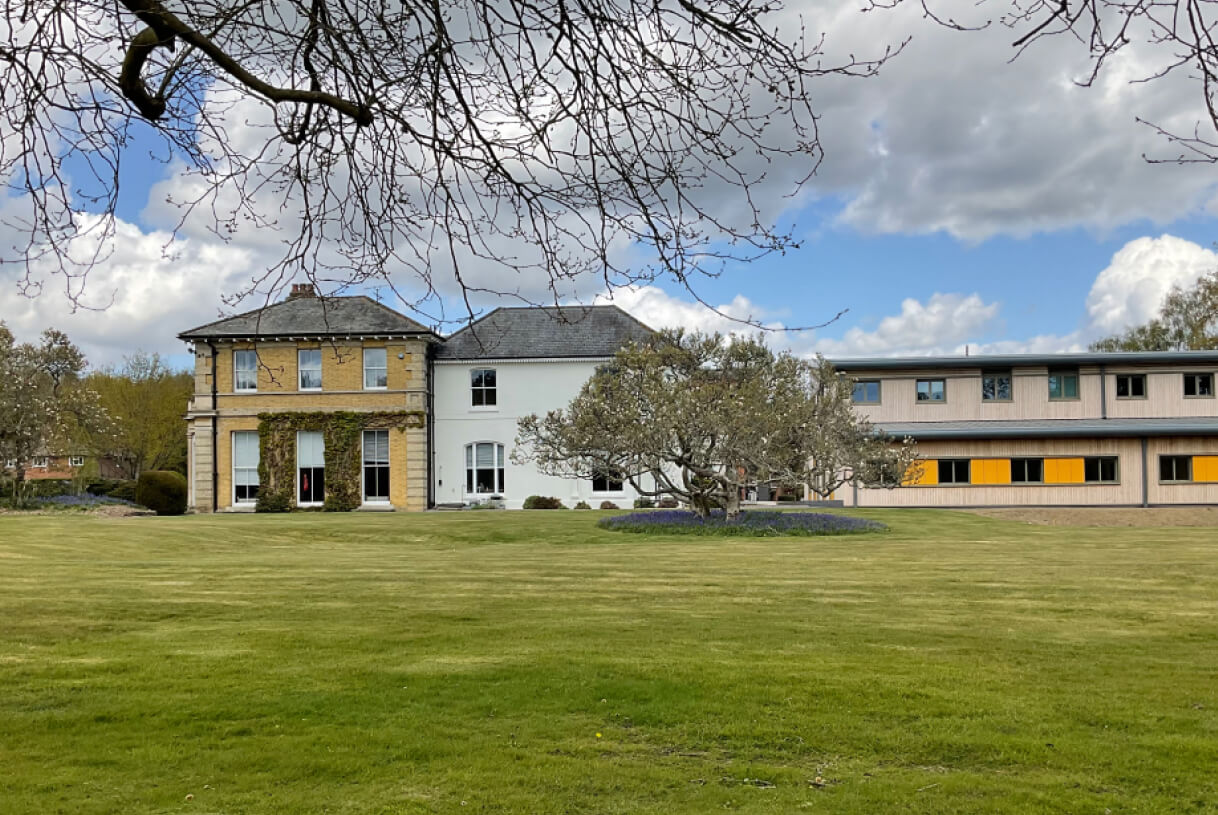
Our Partners
Social media
Explore
Contact
© 2022 Centre for Forest Protection. All rights reserved.
